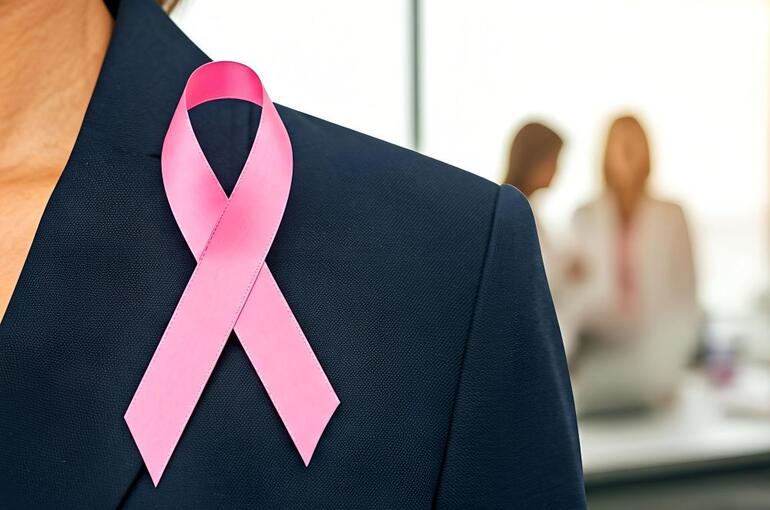
Prof. Eric
Raymond
Chief Medical Advisor, Medical Underwriting Modeling, L&H
A Human-Centered Insurance Approach
22 octobre 2025

Breast cancer remains the most prevalent cancer among women globally, with significant implications for long-term health, emotional well-being, and professional reintegration. While medical advances have improved survival rates, the journey through diagnosis, treatment, and recovery is often marked by persistent physical, cognitive, and psychological challenges that complicate the return-to-work (RTW) process.
This paper highlights the multifaceted barriers breast cancer survivors face when re-entering the workforce, including prolonged fatigue, cognitive impairments ("chemo brain"), mental health issues, and workplace-related stressors. Data from France and other countries shows that sick leave durations often exceed seven to 11 months, with a substantial proportion of women not returning to work even three years post-diagnosis.
A successful RTW strategy requires early identification of at-risk individuals, integration of supportive care during treatment, and sustained employer engagement. Healthcare providers play a critical role in preparing patients for reintegration, while employers must foster inclusive environments through flexible work arrangements, open communication, and psychosocial support.
From an insurance perspective, these findings underscore the need for proactive case management as well as rehabilitation services, to facilitate gradual RTW and collaborative frameworks with employers that promote workplace accommodation.
Insurers are well positioned to innovate in coverage design, claims management, and customer support, enabling a more compassionate and effective transition back to work.
CONTACT
OUR EXPERTS

Prof. Eric
Raymond
Chief Medical Advisor, Medical Underwriting Modeling, L&H
Alexandra
Stulz
Consulting Psychologist, Medical Underwriting Modeling, L&H